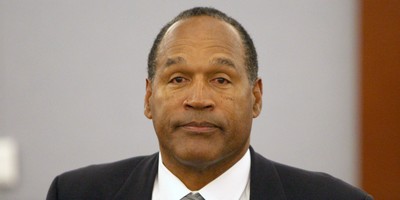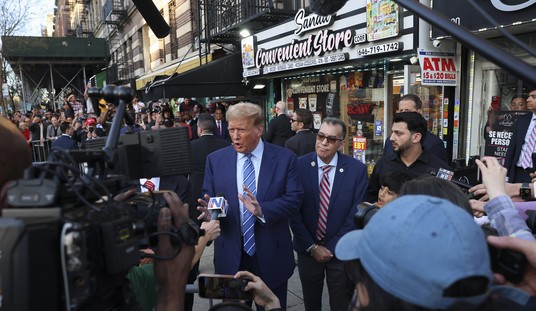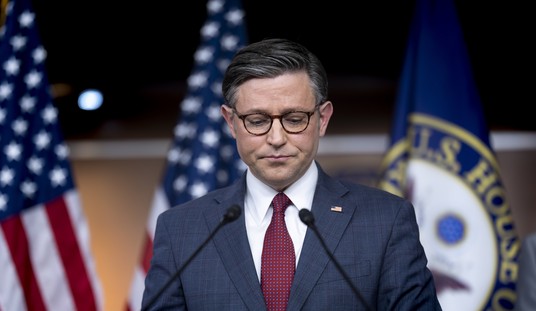This high-profile corporate support of Obama’s energy policy exposes a long-simmering development in public policy: the progressive takeover of the boardroom.

For years, left-wing activists have targeted big business in order to co-opt its resources to advance the liberal agenda. Today’s aggressive corporate support of cap-and-trade legislation is the culmination of that effort.
The unification of big business with liberal activist groups on important public policy issues poses a significant threat to liberty and limited government.
This week, We Can Lead, a broad-based corporation coalition of energy, technology and other companies, including Duke Energy, Hewlett Packard and Starbucks, is mounting a high-profile campaign to promote cap-and-trade legislation. Coalition members paid for ads in newspapers, including an open letter to President Obama and Congress urging action on cap-and-trade legislation, stating, “We need you to swiftly enact comprehensive legislation to cut carbon pollution and create an economy-wide cap and trade program.”
We Can Lead is also spearheading a “Business Advocacy Day” in Washington D.C. to advance the global warming bill directly with lawmakers. According to news reports, executives from more than a hundred businesses will participate in a two-day lobbying fest that includes briefing sessions, media training and speeches by Administration officials and Hill visits targeting key Senate offices.
Recommended
The fine print disclosures about We Can Lead, reveal that two left-wing advocacy groups – Apollo Alliance and CERES – are behind the corporate effort.
The Apollo Alliance is “a coalition of labor, business, environmental, and community leaders” that seeks to advance a green energy economy that will produce “a new generation of high-quality, green-collar jobs.” Its board members include representatives from environmental organizations and labor unions – the United Steelworkers of America (USWA) and Service Employees International Union (SEIU).
CERES is a coalition of investors, labor and environmental organizations that pressures corporations to advance environmental policies, such as legislation to fight the perceived threat of global warming. Its board members include environmental and labor union representatives, and also state pension fund officials from the California State Teachers Retirement System (CSTRS), the California Public Employees' Retirement System (CalPERS) and representatives from the Connecticut State Treasurer and the New York City Comptroller’s office.
CERES played a major role in the corporate boardroom by leveraging the shareholder standing of the pension fund coalition members to sway corporate policies.
After years of environmental and labor activism targeting corporations, some CEOs have decided it’s easier to switch than fight. These executives realized that by supporting environmental initiatives they could avoid the headache of liberal activism while also reaping the reputational benefits of being perceived as “green.”
Some companies also realized they could profit by advancing environmental initiatives, such as global warming legislation.
Power companies such as Duke Energy, FPL Group and Exelon see green in being green – they were the biggest winners in the Waxman-Markey cap-and-trade bill that narrowly passed the House in May. Utilities won the "House bill lottery," receiving 35 percent of free allowances from a generous Congress – an amount that translates into billions of dollars to the companies. General Electric also gains by a federal mandate for electricity derived from renewable energy sources which would benefit its wind turbine business.
The profit motive also explains why Exelon decided to end its membership in the U.S Chamber of Commerce. The trade group is facing criticism from some of its members because it opposed the Waxman-Markey bill and it recently called on the EPA to review the science on climate change in a public hearing.
Nike and Starbucks are very active in pushing for cap-and-trade legislation through another business environmental coalition, Business for Innovative Climate and Energy Policy. In this instance these companies are more concerned about generating a positive brand image than on making money on carbon credits. Whatever the reason, whether profit or image, companies lobbying for carbon dioxide emissions caps frequently ignore the economic consequences of the legislation.
Higher energy prices, slower economic growth and higher unemployment would likely harm companies that sell premium-priced consumer products such as Starbucks coffee and Nike sneakers that can sell for over $100.
Let’s face it, if Wall Street banks could not consider that housing prices don’t always rise, why should we be confident that CEOs are considering the implications of cap-and-trade legislation on their businesses? Those of us who believe in limited government must now deal with the threat posed by an emergence of a Fascist state where the powers of government, liberal activist groups and corporate interests loot us of our liberty.
But there is something we can do: Every day we have an opportunity to vote with our wallets by letting companies know there is a price to pay for colluding with those who oppose our values.

























Join the conversation as a VIP Member